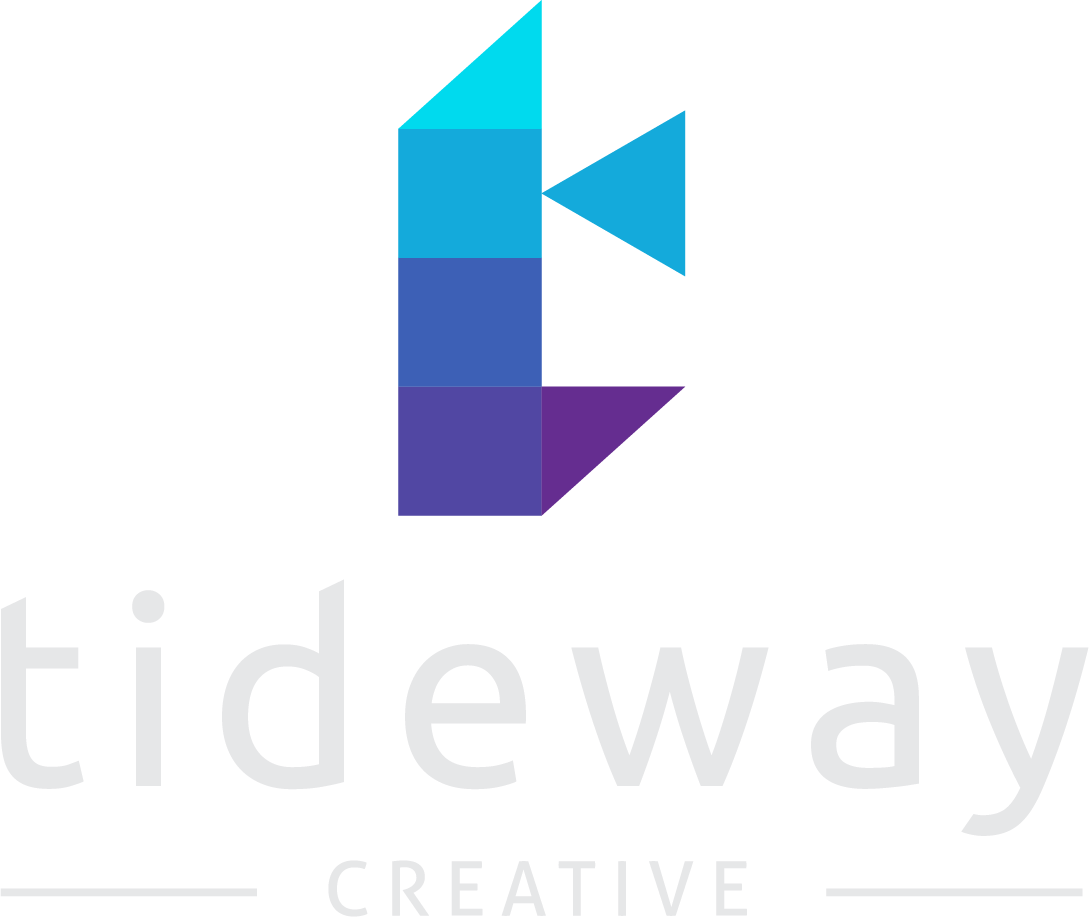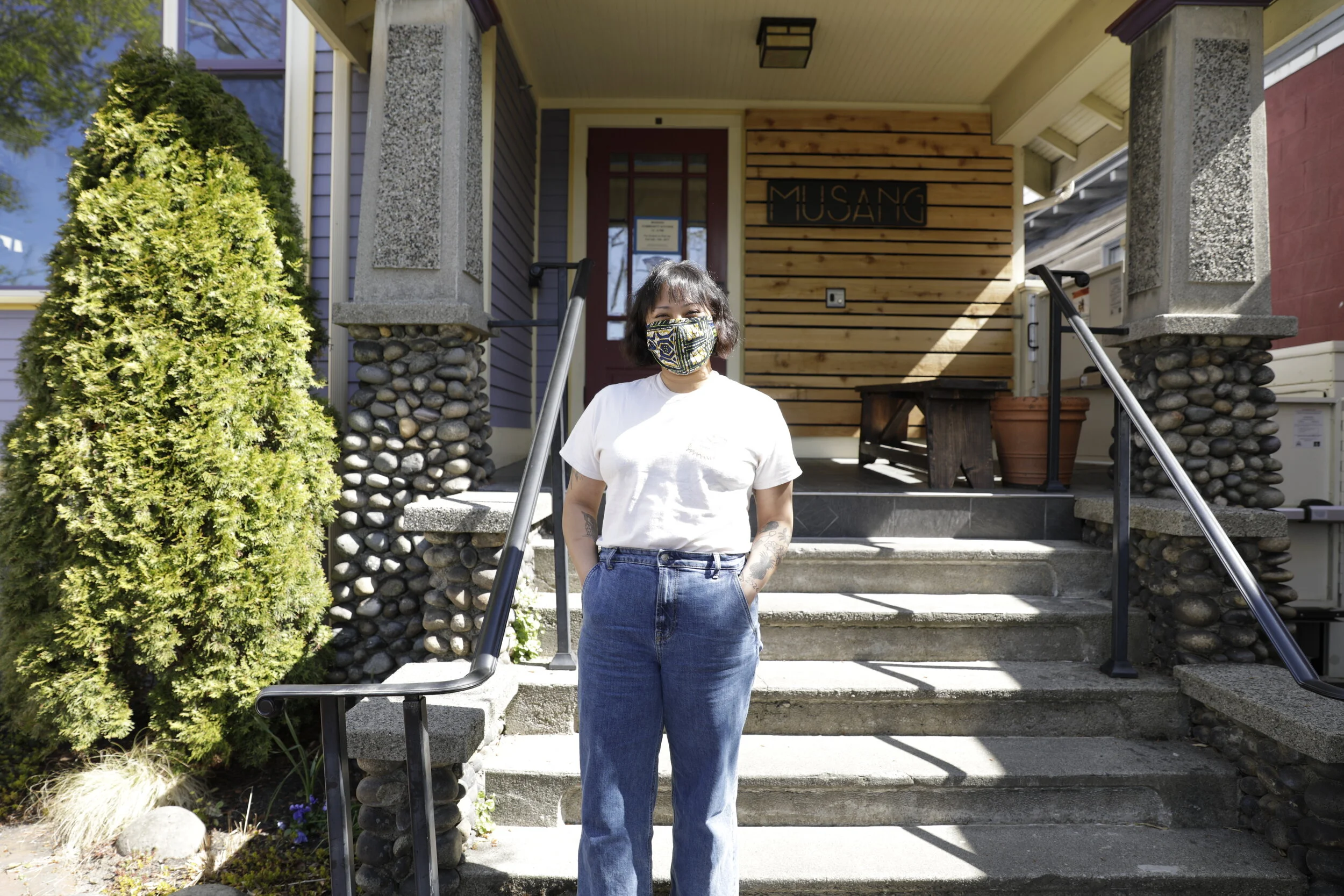Musang - Melissa Miranda
Melissa Miranda - Musang
Melissa Miranda - Interview Transcript
I think for us, if you're familiar with the history of Musang. Musang is community built so we were funded with a kick-starter. We got a grant from the city. We've been doing pop-ups for three-and-a-half years prior to opening. And so, it was important for us to build community first in order to kind of ensure when we opened that we would have folks that would support and sustain our business. So it's important for us to feed the people that supported us.
We've been working with families from Maple Leaf Elementary. So we've been delivering there twice a week, Sundays and Thursdays, about 65 meals for families. And then, we're open 12:00 to 6:00 every day. You can call in for an order, no questions asked, and the meals are kind of single meals. So it's protein, starch, vegetable. The menu changes every day. It's based on things that have been donated to us and then, things that we're ordering with our farmers and our providers as well.
First and foremost, we're here to feed people, right? To have places where people can get food. But then, secondly, how can we dream to create a better system? What does that look like, you know? Community kitchen, healthcare for your employees, better wages for your employees, not working more than 40 hours a week, creating a work/life balance. Where you're still focused on the quality of food but you're not sacrificing your employee's health for that. What does it look like to do a take-out model? You know what I mean? A lot of us have never had to do that before and now, we have to pivot, figure out the best way. And we're in these spaces that are beautiful and empty but that's what it's gonna be like for the time being.
If you follow all of our pages, everyone's Venmo handles are there–personally for the time being. The one for Musang is my Venmo, which is Melmir, M-E-L-M-I-R. PayPal is musangseattle@gmail.com. And right now, the funds that we're collecting will then go back to the greater collective so that we can keep sustaining ourselves and not just this one location, but the other locations. Call to actions. I mean, there are certain resources that are out there. The Plate Fund just launched, which is trying to get money in restaurant employee's pockets. Seattle Restaurants United is another group that just launched. It's a coalition of about 300 plus restaurants in Seattle and I'm on the advisory board. It's just like getting the most information in the best way to folks.
We've seen what happens when the fragility of restaurants and this industry in itself, and we are urging and coaching people to think that this is longer than what it's gonna be. It's not just a month. The after-effects of this virus, it's going to far exceed longer than a lot of people think. And so, how can we be better as business owners to create new models that will then secure ourselves in the future?







